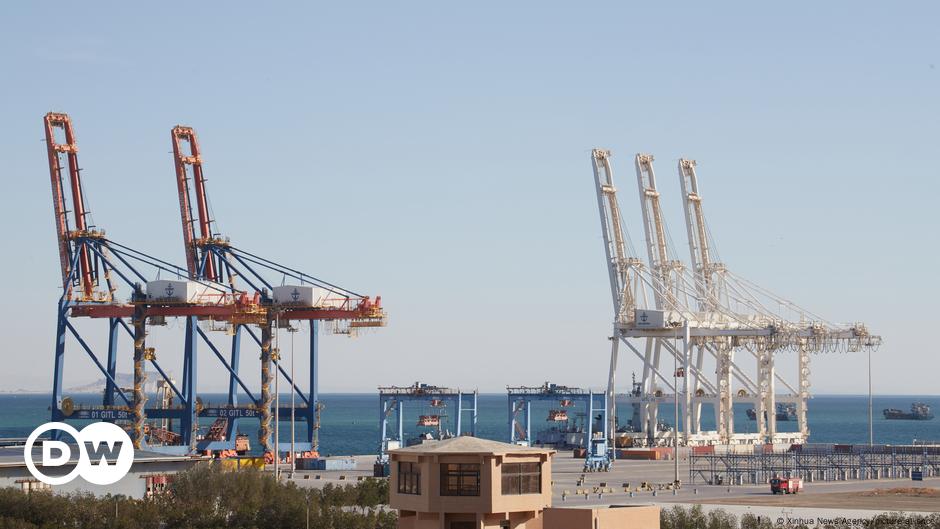- cross-posted to:
- [email protected]
- cross-posted to:
- [email protected]
As Pakistan works on enacting economic reforms under a multibillion-dollar IMF bailout, Islamabad must first figure out what to do with its mountain of debt owed to China
After cash-strapped Pakistan secured a new $7 billion (€6.5 billion) bailout package from the International Monetary Fund (IMF) in July, Islamabad has started talks with Beijing on reprofiling billions in Chinese debt as it seeks to enact economic reforms.
On the table are proposals to delay at least $16 billion in energy sector debt to China, along with extending the term of a $4 billion cash loan facility due to depleting foreign exchange reserves.
Last week, Pakistani Finance Minister Muhammad Aurangzeb was in Beijing to present proposals on extending the maturity of debt for nine power plants built by Chinese companies under the multibillion-dollar Pakistan China Economic Corridor (CPEC).
On Friday, Prime Minister Shehbaz Sharif told a federal cabinet meeting that he had written a letter to the Chinese government requesting debt reprofiling, Pakistan’s Dawn newspaper reported.
Reprofiling debt differs from restructuring debt in that the amount is not cut, rather, the due date for repayment is extended.
Islamabad is under immense pressure to renegotiate the expensive agreements with power producers, primarily Chinese companies, to bring down electricity prices.
Since CPEC was signed in 2015 and became one of largest components of China’s Belt and Road Initiative (BRI), Beijing has poured billions of dollars into developing infrastructure in Pakistan.
The value of CPEC projects comes in a $65 billion, with the primary goal of building a shipping connection for Chinese goods from Gwadar port on the Arabian Sea over the mountain border into China’s Xinjiang region.


